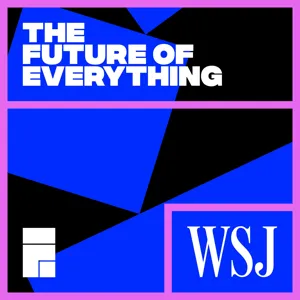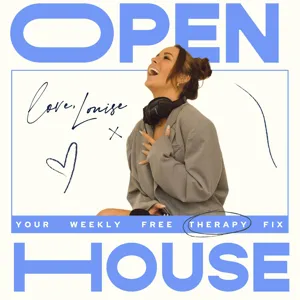This Week in Startups is presented by:
Coda. A new doc that brings words, tables and teams together. All your valuable data, plans, objectives, and strategies in one place. Go to https://coda.io/twist to get a $1,000 credit!
Miro. Working remotely doesn’t mean you need to feel disconnected from your team. Miro is an online whiteboard that brings teams together - anytime, anywhere. Go to https://miro.com/startups to sign up for a FREE account with unlimited team members.
VEED makes it super easy for anyone (yes, you) to create great video. Filled with amazing features like templates, auto subtitles, text formatting, auto-resizing, a full suite of AI tools, and much more, VEED gives you the tools to engage your audience on any platform. Head to VEED.io to start creating incredible video content in minutes.
*
Today’s show:
CEO and Founder of Vistim Labs James Hamet joins Jason, as they discuss the current roadblocks with diagnosing dementia (1:18), before James breaks down how they use AI to detect signs of neurological disease (23:29). Then, Jason sits down with Kaitlin Malin at SALT iConnections New York, to discuss the keys to angel investing and AI (40:52).
Follow James: https://www.linkedin.com/in/jchamet/
Check Out Vistim Labs: https://vistimlabs.com/
*
Time stamps:
(0:00) James joins Jason
(1:18) The faults with how we diagnose Dementia today
(6:46) Visitim Labs’ product
(9:25) Coda - Get a $1,000 startup credit at https://coda.io/twist
(10:46) Test trials and patient demographics
(12:53) Vistim’s go-to-market strategy
(18:24) Miro - Sign up for a free account at https://miro.com/startups
(20:32) James shares a video demoing Vistim Labs’ capabilities
(23:29) James’ previous startup, Neurable
(27:02) Catching Alzhimers’ early, habits that prevent neurological disease and the four horseman
(39:23) Veed - Sign up and engage your audience on any platform at https://www.veed.io
(40:52) Jason’s sits down with Kaitlin Malin at SALT iConnections New York
(46:03) Raising a 506-C fund’
(52:13) Jason’s keys to becoming a successful angel
(58:27) Jason’s thoughts on AI
*
Read LAUNCH Fund 4 Deal Memo & Apply for Funding
Buy ANGEL
Great recent interviews: Brian Chesky, Aaron Levie, Sophia Amoruso, Reid Hoffman, Frank Slootman, Billy McFarland, PrayingForExits, Jenny Lefcourt
Check out Jason’s suite of newsletters: https://substack.com/@calacanis
*
Follow Jason:
Twitter: https://twitter.com/jason
Instagram: https://www.instagram.com/jason
LinkedIn: https://www.linkedin.com/in/jasoncalacanis
*
Follow TWiST:
Substack: https://twistartups.substack.com
Twitter: https://twitter.com/TWiStartups
YouTube: https://www.youtube.com/thisweekin
*
Subscribe to the Founder University Podcast: https://www.founder.university/podcast











